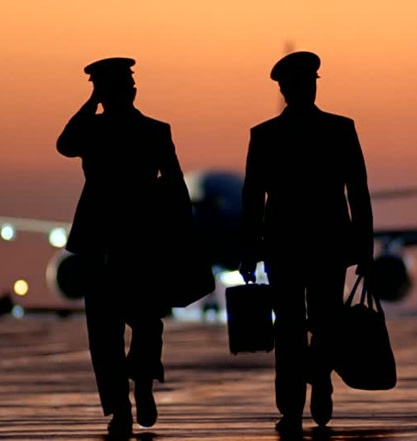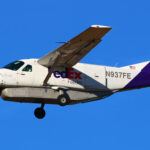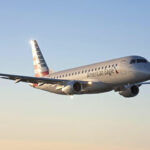Cargo Pilots Speak Out Against Study Into Single-Pilot Airplanes
US pilot labor groups have spoken out against a proposal to have the Federal Aviation Administration (FAA) study single-pilot operations on large cargo airplanes.
Section 744 of the FAA reauthorization act of 2018 call for the FAA to work with NASA to “establish a research and development program in support of single-piloted cargo aircraft assisted with remote piloting and computer piloting.”
Under the proposal the FAA and NASA will initially conduct a review of FAA research and development activities in support of single-piloted cargo aircraft and report on the possibility within six months.
The Air Line Pilots Association, International, the Independent Pilots Association, and the International Brotherhood of Teamsters Airline Division have issued a joint statement in opposition to the proposal “The professional cargo pilots of our collective airlines strongly oppose Section 744 and implore Congress to reject this provision without delay.”
“The desire by some in the industry to pursue single-piloted or autonomously piloted cargo aircraft seriously places the American public and the flight crews of these aircraft in a tenuous position. For many years, aviation has been the safest form of transportation in the US.”
The combined pilot group statement continued “With the increasing frequency and severity of reports regarding computer hacking, accidents in current military and civilian drone operations, and mounting reports of autonomous vehicle accidents, we think any serious consideration of this technology is premature at best.”
Flight Crew Size Changes Over the Years
Reducing flight crew size is not without precedent. Airliners used to have 3 flight crew. The flight engineer position was eliminated with the introduction of the first 737s and DC-9s. According to Wikipedia “On two-pilot flight deck airplanes, sensors and computers monitor and adjust systems automatically.”
Greg started his professional pilot journey in 2002 after graduating from Embry Riddle. Since that time he has accumulated over 8,000 hours working as a pilot. Greg’s professional experience includes flight instructing, animal tracking, backcountry flying, forest firefighting, passenger charter, part 135 cargo, flying for a regional airline, a national low cost airline, a legacy airline, and also working as a manager in charge of Part 135 and Part 121 training programs.



